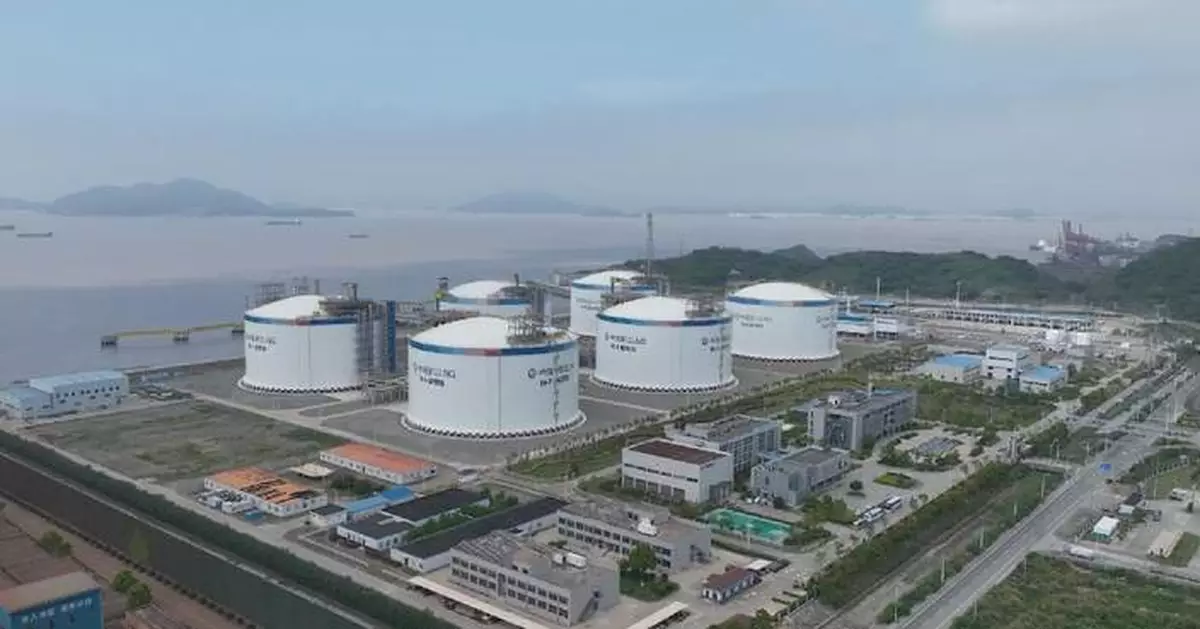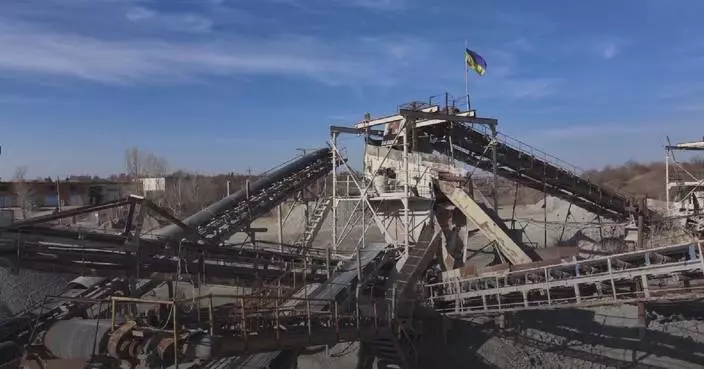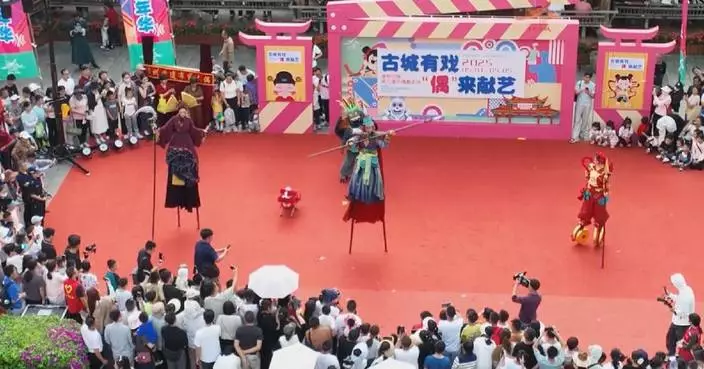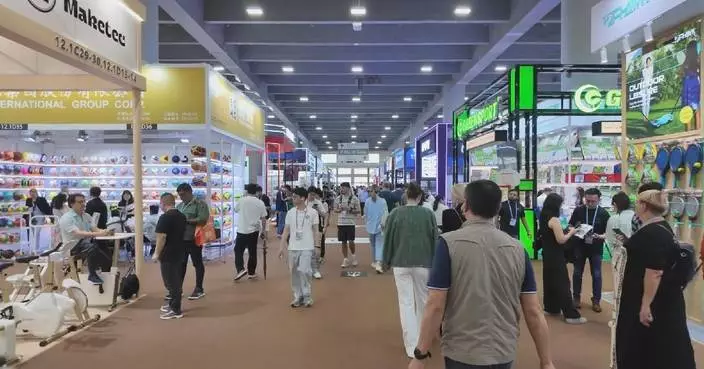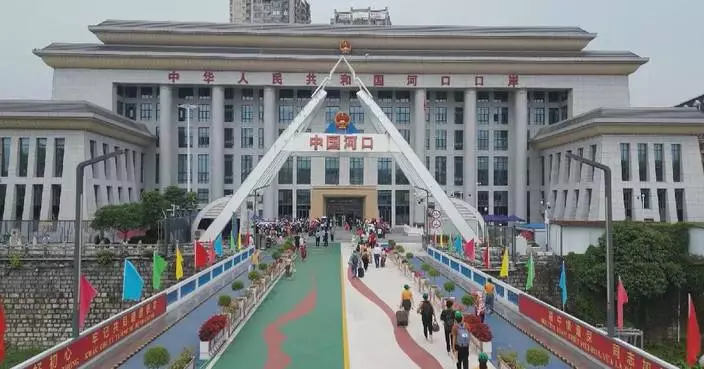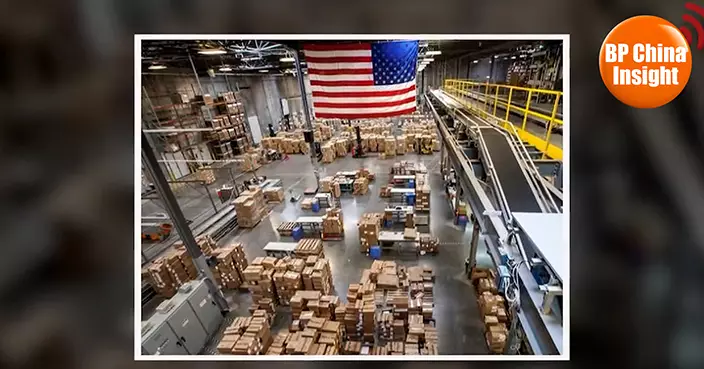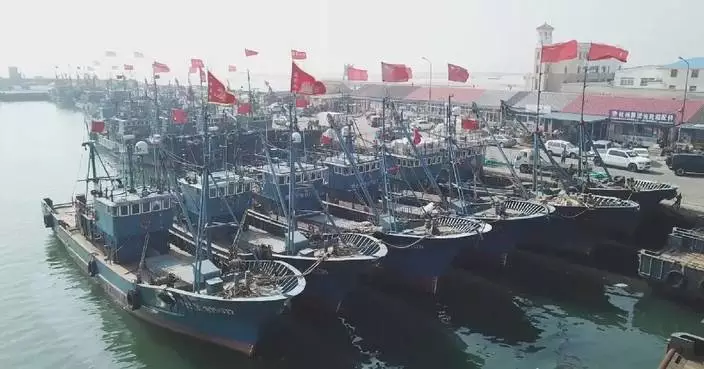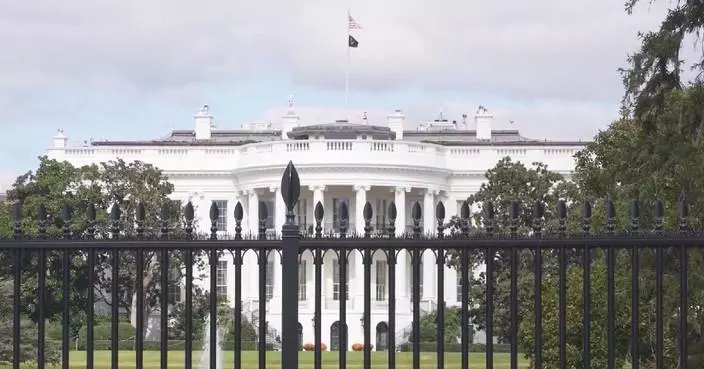A group of liquefied natural gas (LNG) storage tanks, boasting the world's largest single-tank capacity, was completed in Zhuhai City, south China’s Guangdong Province, on Friday, significantly boosting the region's ability to ensure stable natural gas supply in the Guangdong-Hong Kong-Macao Greater Bay Area.
After 37 months of construction, the five LNG storage tanks, towering as tall as five 20-story buildings and each spanning nearly 100 meters in diameter, have been finished. With a capacity of storing up to 270,000 cubic meters of liquefied natural gas each, the storage tanks will undergo a debugging phase before being put into use.
The five tanks represent the second phase of the Jinwan "Green Energy Port" project developed by the China National Offshore Oil Corporation (CNOOC). The project’s first phase came into service in 2013 and consists of three LNG storage tanks, each with a storage capacity of 160,000 cubic meters.
With a combined storage capacity of 1.83 million cubic meters, the Jinwan "Green Energy Port" project is emerging as the largest natural gas storage and transportation hub in southern China, greatly enhancing the region's ability to ensure a stable natural gas supply in the Greater Bay Area.
"Once the project is fully operational, it will work alongside offshore gas fields like Liwan 3-1, Huizhou 21-1, and Panyu 30-1 to supply gas to cities including Guangzhou, Foshan, Zhuhai, Zhongshan and Jiangmen, ensuring energy security for the Guangdong-Hong Kong-Macao Greater Bay Area and south China," said Shen Bairen, project manager of the second phase.
The completion of the second phase of the project will increase the annual LNG processing capacity of the Jinwan "Green Energy Port" to 7 million tons, equivalent to 10 billion cubic meters of natural gas. This capacity can meet the annual domestic gas needs of 30 million households and generate 50 billion kilowatt-hours of electricity.
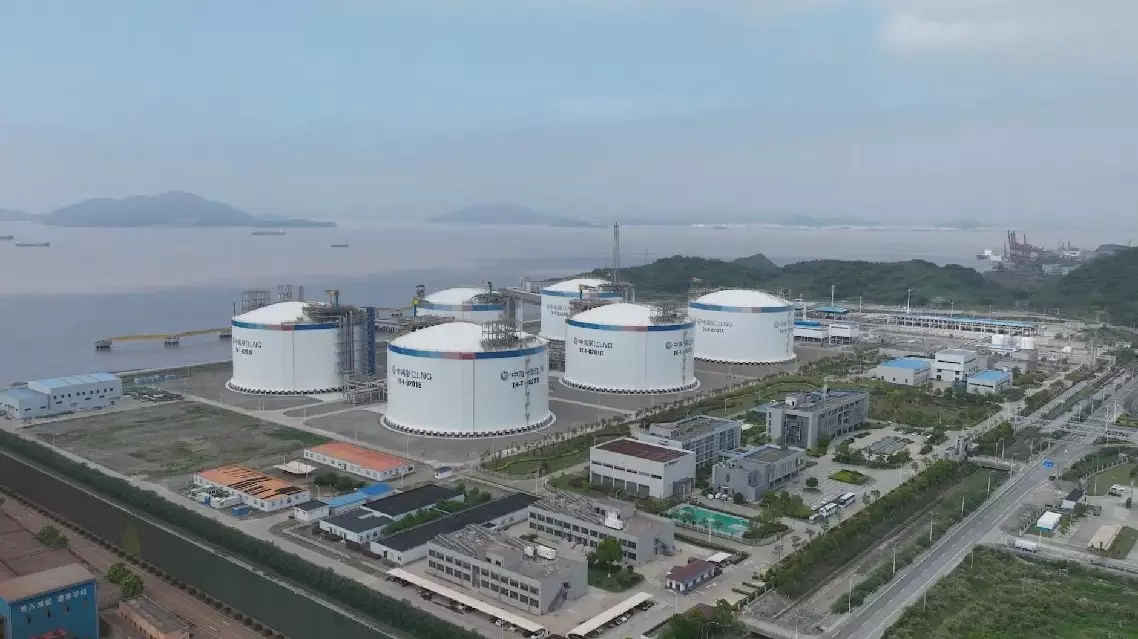
Construction of LNG tank group with world's largest single-tank capacity completed in Guangdong
Small- and medium-sized retailers across the United States "are getting hit the hardest" by disrupted supply chains, as U.S. tariff actions fuel market chaos and panic, a U.S. logistics industry insider based in China warned.
Sam Boyd, managing partner at Guided Imports -- a cross-border logistics company serving many American small businesses that rely on Chinese manufacturing -- told China Media Group (CMG) that the tariff policies introduced by the Trump administration have left many importers unsure about how to respond.
"Small- to medium-sized retailers and e-commerce companies, who are usually purchasing their goods close to when they're going out of stock, are getting hit the hardest. It's difficult for businesses to really understand what to do, so most of the businesses are just being forced to wait. And what they've learned over the last two-week period is that these escalations have no ceiling. The majority of our customers have opted to pause their shipments leaving from China. And the downside with this is that they're going to go out of stock," said Boyd.
According to the National Retail Federation (NRF), container imports to the U.S. are expected to fall by more than 20 percent year over year in the second half of 2025.
Boyd warned that the consequences of paused shipments could extend beyond inventory shortfalls, creating ripple effects that threaten port operations and U.S. domestic logistics.
"But there's an even more significant ripple effect that we're not quite aware of, which is: because so many businesses have chosen to pause their shipments and wait, we're creating a backup -- or a future backup -- that's going to be seen at U.S. ports. So let's say that there is going to be an event that solves this tariffs issue, and it's to everyone's liking enough that they can start placing orders again. By the time they all [those shipments] start arriving at the ports, it's going to create a surge. And this is going to create a surge in shipping costs, and it is going to create a surge in trucking within the U.S.," he said.
Boyd also questioned the U.S. government's repeated calls to bring manufacturing back home, arguing that such efforts are far from realistic given China's deep industrial capacity.
"The concept of reassuring is a very nice concept for those who are many degrees away from manufacturing. But China has so much experience with manufacturing that for any country -- whether it be the United States or one of China's neighbors that try to take over -- it's not going to be something that we can just flip a switch and all of a sudden, you know, a new country becomes the manufacturer," said Boyd.

Small-, medium-sized retailers "hit hardest" by U.S. tariff policy: logistics expert



